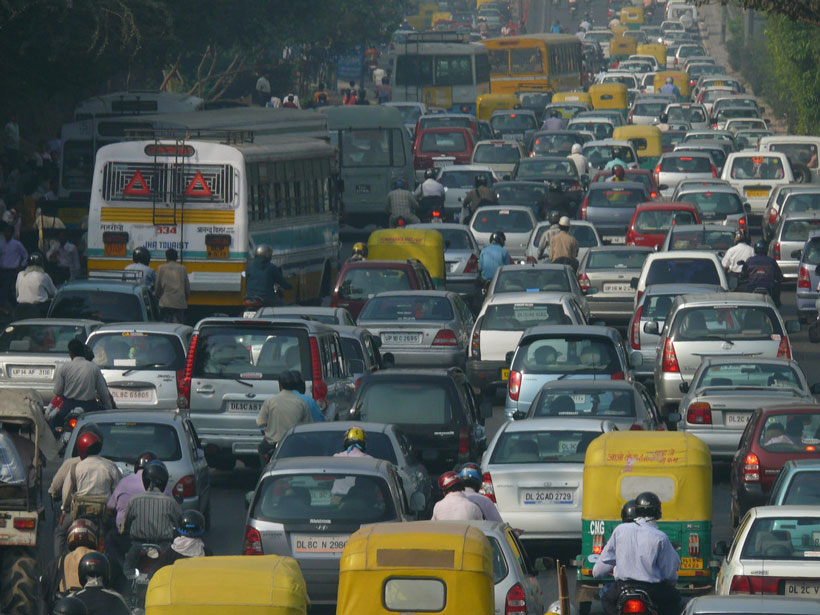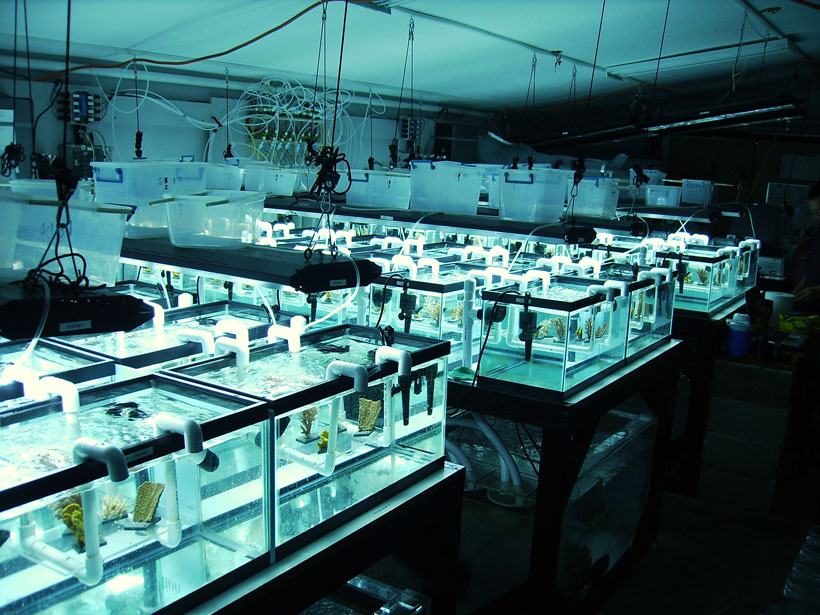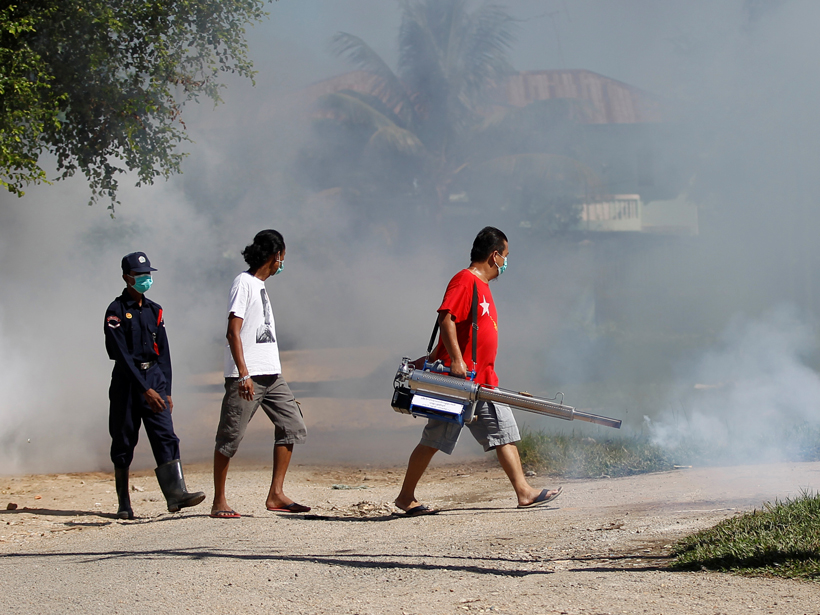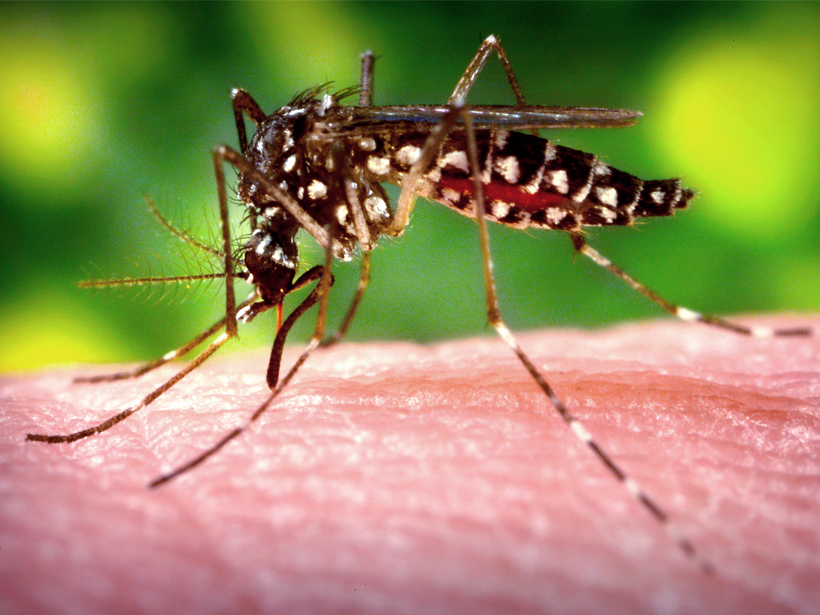The loss of precontact agricultural communities to genocide and disease may have led to massive reforestation, a dip in carbon dioxide, and one of the coldest snaps of the Little Ice Age.
disease
Ozone Pollution Deaths in India Higher Than Previously Thought
Reducing emissions could avert more than 300,000 deaths per year by 2050.
Stroke Deaths Rise, Life Expectancy Falls with Polluted Air
The connection between poor air quality and higher stroke mortality was strongest in southern states across a region known as the “stroke belt.”
Coral Microbiomes Offer Clues for Resilience and Conservation
Some coral species might be better equipped to adapt to a warmer, more acidic ocean. Finding out which ones, and why, could be the key to saving reefs around the world.
Improving Air Quality Could Prevent Thousands of Deaths in India
More stringent emission controls are key to the country’s future health.
Microbes Meet Geoscientists
A new collaboration brings together the two worlds of microbiology and geoscience with the common goal of improving public health outcomes.
Revived Climate Change Forum Focuses on Threats to Human Health
Public health and environmental organizations brought together by former vice president Al Gore held a pared-down meeting to replace a canceled one.
Climate Predictions and Infectious Diseases in Southern Africa
Symposium for Science and Technology Research Partnership for Sustainable Development (SATREPS) Project 2015; Pretoria, South Africa, 12 October 2015
Seven Ways Climate Change Threatens U.S. Population's Health
A report by the U.S. Global Change Research Program finds health risks from global warming tied to heat, air quality, vector-borne diseases, water issues, extreme weather, nutrition, and mental stress.
Dengue Fever Epidemics Linked with El Niño, Study Says
High temperatures associated with the recurring global climate pattern foster mosquito-friendly conditions that may accelerate transmission of the virus.










